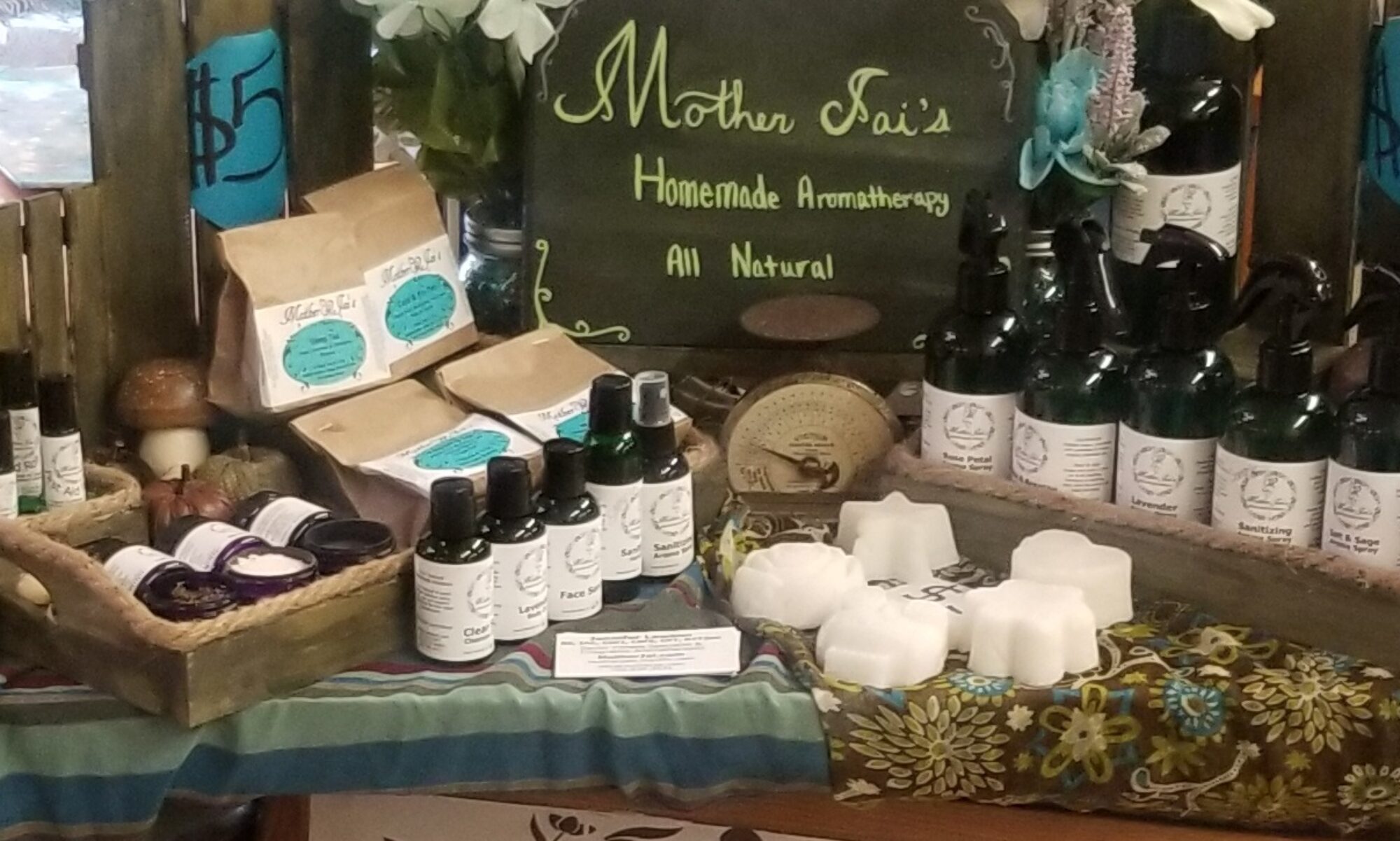
Essential Oils to Improve Hair Health
Cedarwood: Cedarwood is used to help stimulate the hair follicles by increasing circulation to the scalp. It can promote hair growth and slow hair loss; it can also treat thinning hair and various types of alopecia. Cedarwood can be applied topically to the scalp and hair. It mixes well with gentle oils like lavender and carrier oils like coconut oil. You can also add 2–3 drops of cedarwood oil to your homemade conditioner.
Chamomile: it adds shine and softness to your hair while soothing your scalp. Did you know that chamomile essential oil can be used to lighten your hair naturally? Combine 5 drops of chamomile essential oil with a tablespoon of sea salt and one-third cup of baking soda. Use warm water to create a paste and apply the mixture to your hair. Massage it into your scalp and at the base of your hair, then allow it to sit for about half an hour before rinsing it out. If you want a bolder affect, keep the paste on as you sit in the sun.
Clary Sage: works as a natural remedy for rashes, and it works as an antibacterial agent. But maybe most importantly, clary sage can be used to help you relieve stress and balance hormones. Three types of hair loss can be associated with high stress levels: telogen effluvium, trichotillomania (hair pulling) and alopecia areata. Because clary sage can be used to help relieve stress and reduce cortisol levels in the body, it works as a natural remedy for stress-induced hair loss. Clary sage works well with jojoba oil; the two can help to regulate oil production on the skin, helping you to avoid scaly or flaky patches that lead to dandruff. To ease stress, which is associated with hair loss, you can diffuse clary sage oil at home or apply a few drops to your wrists, temples and bottoms of your feet.
Lavender: has antimicrobial properties, and it can be used to combat bacterial and fungal disorders. Some other lavender oil benefits are its ability to soothe the scalp and heal dry skin and hair. Plus, because emotional stress is a factor that can contribute to thinning hair, lavender oil can be used to create a tranquil and stress-free environment.
Lemongrass: has healing properties, and it works as an effective cleanser and deodorizer. It can strengthen your hair follicles and soothe an itchy and irritated scalp. Some bonus benefits of lemongrass oil include its ability to work as a natural bug repellant, relieve stress (which is associated with hair loss) and treat headaches. You can add 10 drops of lemongrass oil to your bottle of shampoo or conditioner, or you can massage 2–3 drops into your scalp along with your conditioner daily. Lemongrass oil can also be diffused at home to reduce stress and detoxify the space.
Peppermint: helps to stimulate the scalp, and it can treat dandruff and even lice due to its powerful antiseptic properties. Research shows that peppermint oil promotes hair growth, too. In a 2014 animal study, topical application of peppermint oil for four weeks showed prominent hair growth effects, increasing dermal thickness, follicle number and follicle depth. Add 2–3 drops of peppermint to your shampoo or conditioner for a quick wake-me-up during your morning shower.
Rosemary: used to increase cellular metabolism, which stimulates hair growth and promotes healing. Research even shows that rosemary oil appears to work as well as minoxidil, a conventional topical hair loss treatment. When it comes to boosting your hair health, the benefits of rosemary oil also include preventing baldness, slowing the graying process and treating dandruff and dry scalp. To use rosemary oil for your hair, take 3–5 drops and mix it with equal parts olive oil, and then massage the mixture into your scalp for about two minutes. Leave it in your hair for 3 to 4 hours, and then wash your hair as usual.
Tea Tree: has powerful cleansing, antibacterial, and antimicrobial properties. When used topically, it can help unplug hair follicles and increase hair growth. You can mix 10 drops of tea tree oil into your shampoo or conditioner and use it daily, or mix 3 drops with 2 tablespoons of a carrier oil and leave it on for 15 minutes before rinsing it out.
Thyme: help promote hair growth by both stimulating the scalp and actively preventing hair loss. Like cedarwood oil, thyme oil was also found to be helpful in treating alopecia areata. Thyme is particularly strong, even among essential oils. Put only 2 small drops in 2 tablespoons of a carrier oil before applying it to your scalp. Leave it on for about 10 minutes and wash it out.
Ylang Ylang: While those with oily hair and skin would want to skip this one, ylang-ylang oil is ideal for those with dry scalps, as it can stimulate sebum production. As lack of enough oil and sebum causes hair to become dry and brittle, ylang-ylang can improve hair texture and reduce hair breakage. Mix 5 drops of ylang-ylang oil with 2 tablespoons of warm oil. Massage it into your scalp and wrap your head with a warm towel. Leave it in for 30 minutes before washing it out.

DIY recipes that will also help to boost the health of your hair:
Thicken your hair: To help thicken your hair naturally, use this natural hair thickener that’s made with a combination of rosemary, cedarwood and sage essential oils. These oils will stimulate your hair follicles by increasing circulation to the scalp and helping to balance your hormones.


You must be logged in to post a comment.